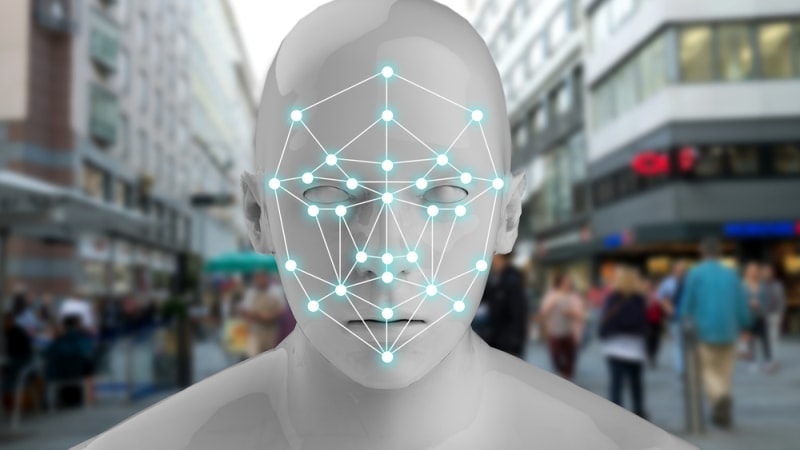
NetChoice, a business trade group focused on promoting free speech and free enterprise on the internet, launched a public campaign on Oct. 7 to defend law enforcement’s use of facial recognition technology, and is taking aim at anti-facial recognition effort in Massachusetts.
“Every day facial recognition technologies help law enforcement to generate leads in cases, such as homicide, rape, armed robbery, and other violent crime, as well as for non-enforcement reasons, including identifying elderly persons stricken with dementia, finding lost and missing children, identifying homeless persons with mental illness and identifying deceased persons,” said Carl Szabo, the group’s vice president and general counsel.
NetChoice’s stance on the issue stands in opposition to an ongoing push from the American Civil Liberties Union (ACLU) in Massachusetts.
“World-leading artificial intelligence researchers and tech industry scientists are sounding the alarm about law enforcement’s use of facial recognition technology,” Carol Rose, executive director of the ACLU of Massachusetts, said in an April 3, 2019 statement. “The Massachusetts legislature must heed that warning. Face surveillance may conjure images from dystopian fiction, but this technology is already being deployed right here in Massachusetts, despite research revealing the technology exhibits significant racial and gender biases.”
NetChoice’s campaign is specifically targeting the state of Massachusetts but may expand as additional states move to put limitations on the use of the technology. The state legislature is currently considering a moratorium on the use of biometric surveillance technologies by law enforcement. Additionally, some local governments within the state have already passed bans or strict limitations on law enforcement use of facial recognition.
The industry group argues that the bans and limitations run contrary to what state residents want. However, polling data seems to be conflicted on whether this is true, with some polls showing citizens in favor of the moratorium and others being opposed.
“A moratorium on facial recognition technology not only goes against what Bay Staters want, it denies law enforcement tools needed to help keep our communities safe,” Szabo argued.
In its new campaign, NetChoice is turning to new survey data to “educate Massachusetts residents and political stakeholders about these technologies: how they enable law enforcement to maintain public safety, and that most of the public oppose an all-out ban on the use of this technology by law enforcement.”
Additionally, NetChoice has launched a public petition urging state lawmakers to reject the proposed moratorium. As of the time of publication, the petition has 15 signatures.
